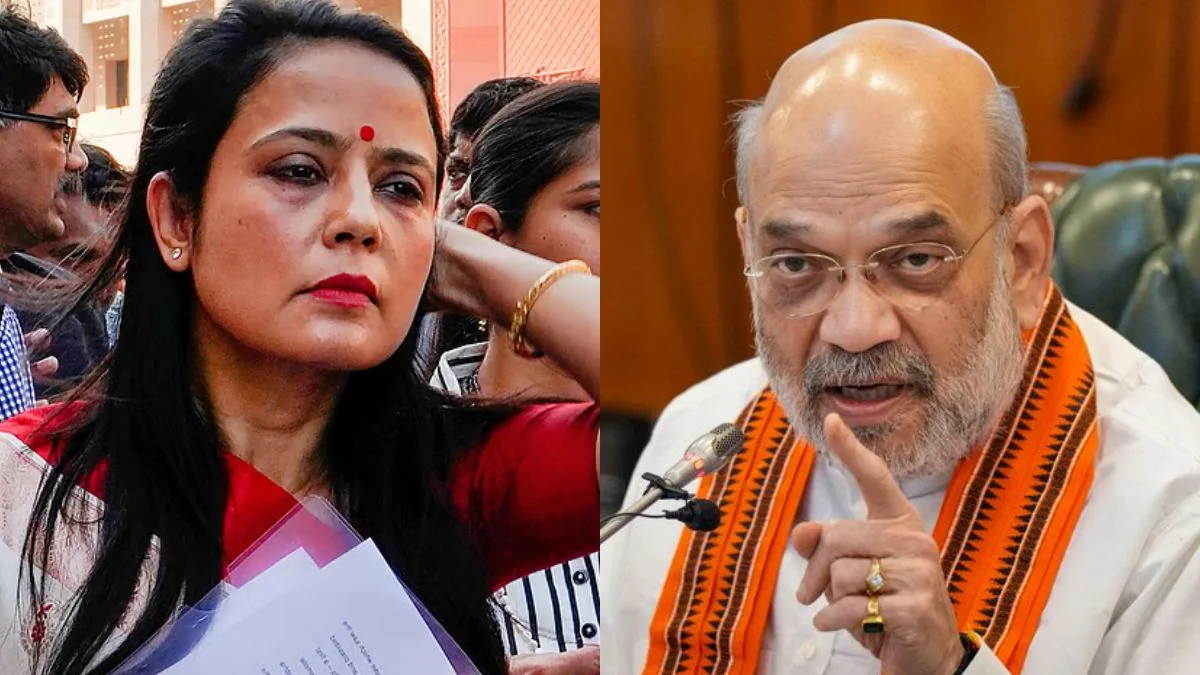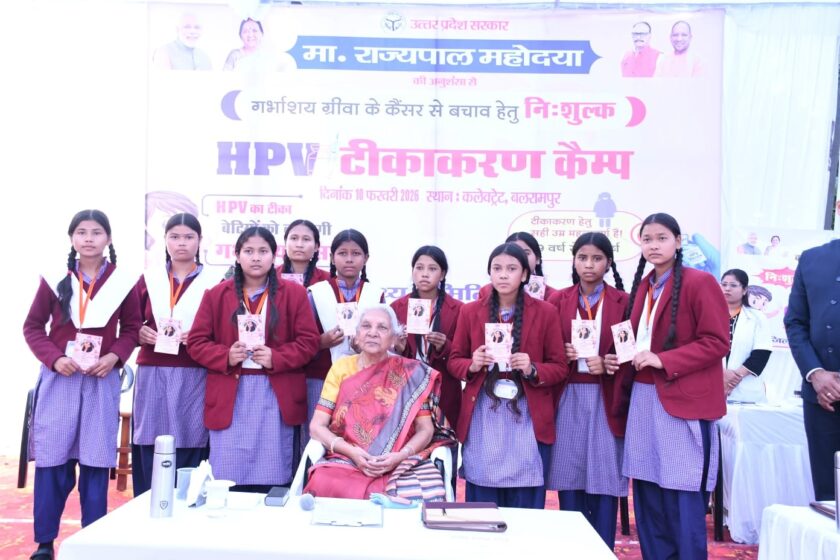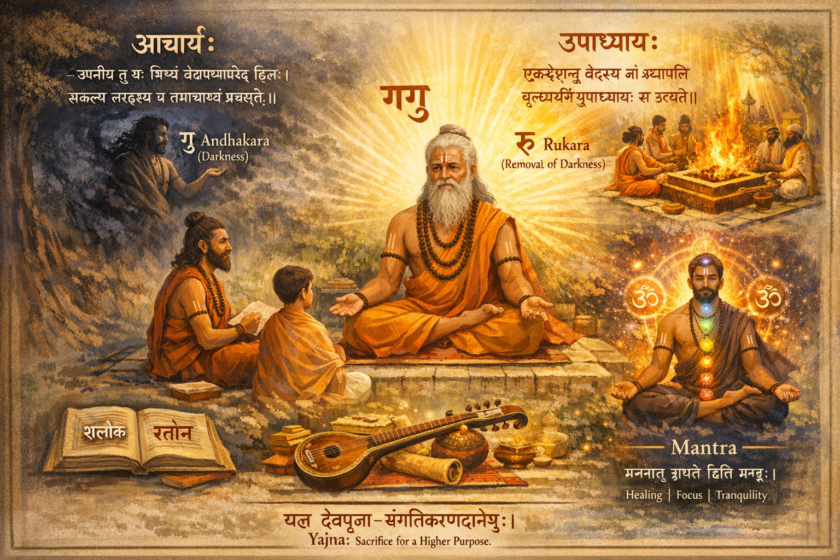Kolkata: The political arena has once again been rocked by a fiery controversy, this time centered on Trinamool Congress (TMC) MP Mahua Moitra’s alleged remarks against Union Home Minister Amit Shah. The comments, which reportedly suggested that Shah should be “beheaded” if he fails to stop infiltration from Bangladesh, have ignited a fierce backlash from the Bharatiya Janata Party (BJP) and resulted in a police case being filed against the MP in Raipur, Chhattisgarh.
The gravity of Moitra’s alleged statement cannot be understated. While the TMC has defended her by claiming the comment was a “symbolic” or “idiomatic” expression in Bengali, the choice of words is undeniably extreme and, in the context of political discourse, can be seen as an incitement to violence. The BJP’s strong reaction, including a planned protest by its women’s wing, underscores the seriousness with which they view the remarks. The accusation that Moitra has promoted enmity between groups and made assertions prejudicial to national integration, as stated in the police complaint, highlights the legal and social ramifications of such language.
This incident also brings into sharp focus the increasingly aggressive and often personal nature of political debate in India. The BJP’s counter-attack, with leaders like Raman Singh and Amit Malviya referencing past derogatory remarks against the Prime Minister and alleging that Moitra mocked the Scheduled Caste and Hindu communities, shows a tit-for-tat escalation that is becoming a disturbingly common feature of Indian politics. The BJP’s Amit Malviya’s claim that Moitra is suggesting one cannot be both a Hindu and a Trinamool supporter is a potent political accusation designed to fan the flames of religious division.
For its part, the TMC has not only defended Moitra but also used the opportunity to launch a counter-offensive against the BJP. State minister Sovon Deb Chattopadhyay’s defense of Moitra as a “prominent voice against the BJP” and his assertion that the BJP is “disrespecting Bengalis” frames the issue as an attack on a strong female leader and the people of West Bengal. The Trinamool’s Shashi Panja also brought up past instances of alleged insults by BJP leaders, including Prime Minister Narendra Modi and MP Ramesh Bidhuri, to highlight a perceived pattern of disrespect towards women by the saffron party.

While the debate over political civility is a perennial one, the current episode highlights a dangerous trend. The use of language that can be interpreted as a call for violence, even if claimed to be a metaphor, has no place in a democratic society. It blurs the line between legitimate criticism and dangerous provocation. Similarly, the rapid and often retaliatory escalation of personal attacks, insults, and accusations of communal bias serves only to degrade the quality of public discourse and deepen political divides.
This entire episode is a stark reminder that while political speech must be robust, it must also be responsible. Both sides in this conflict are guilty of contributing to a political climate where inflammatory rhetoric is becoming the norm. The immediate public and legal fallout from Mahua Moitra’s alleged comment serves as a wake-up call to all political actors: the words they use have consequences that extend far beyond the realm of political point-scoring.










